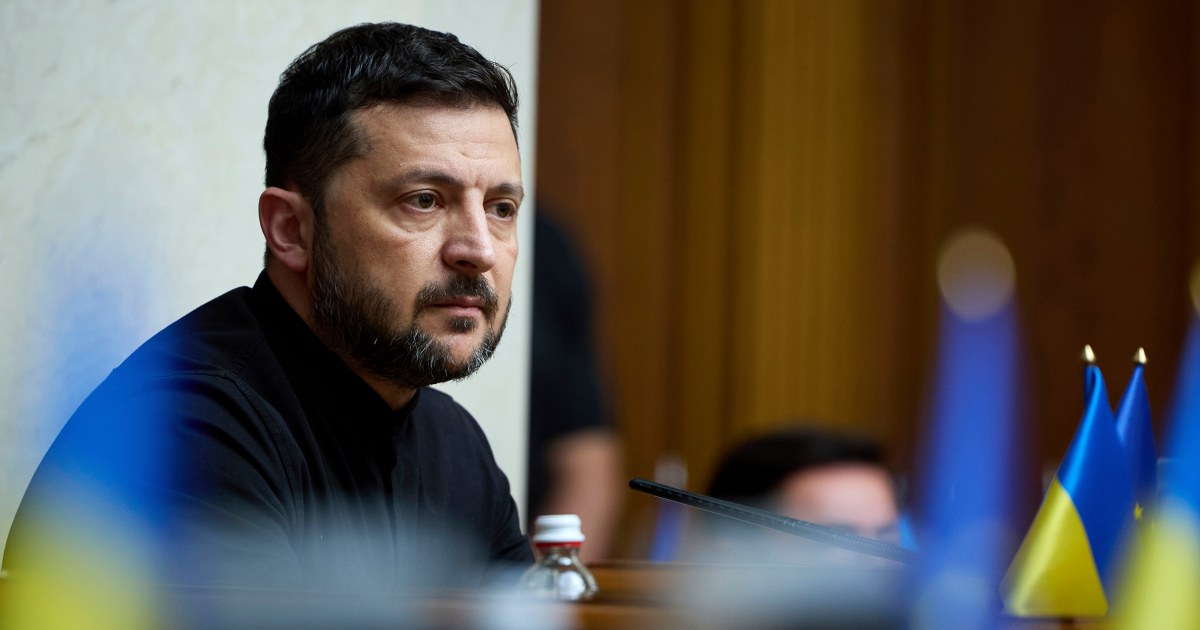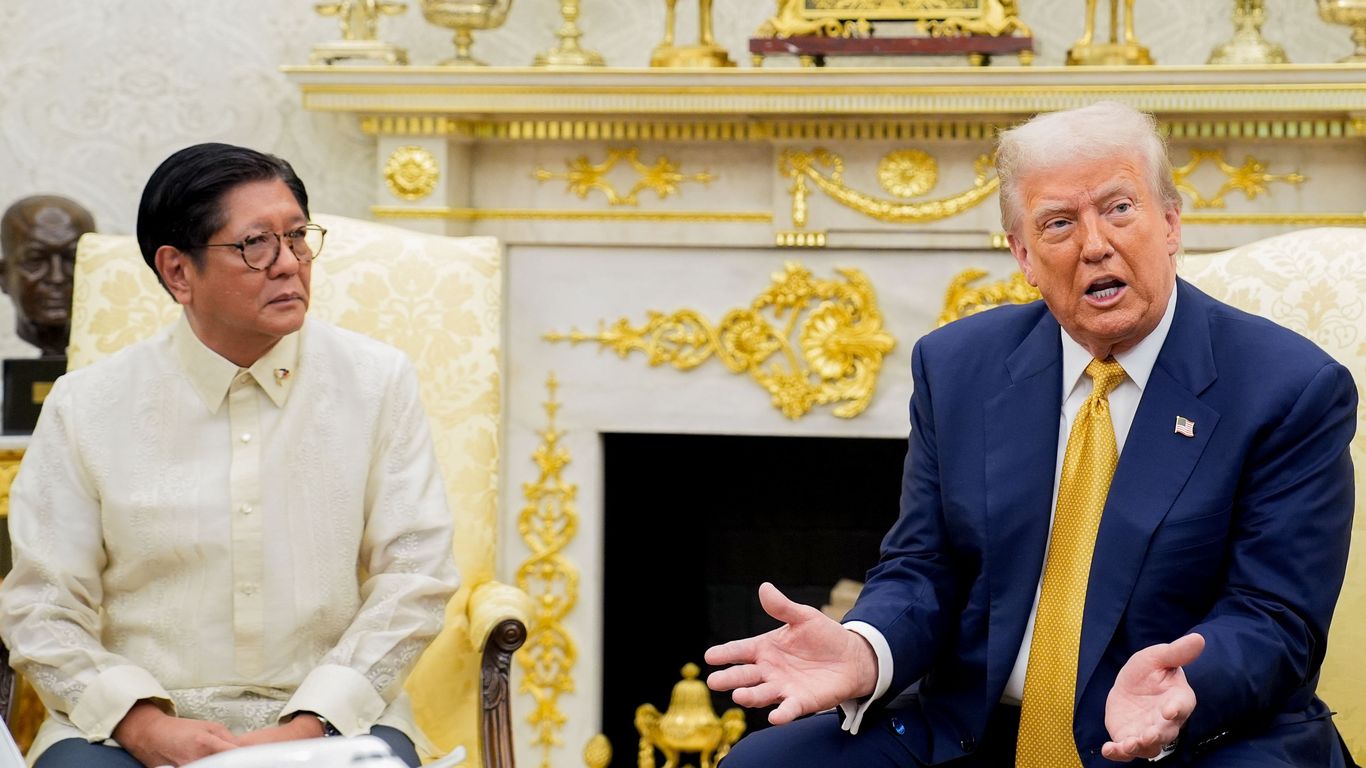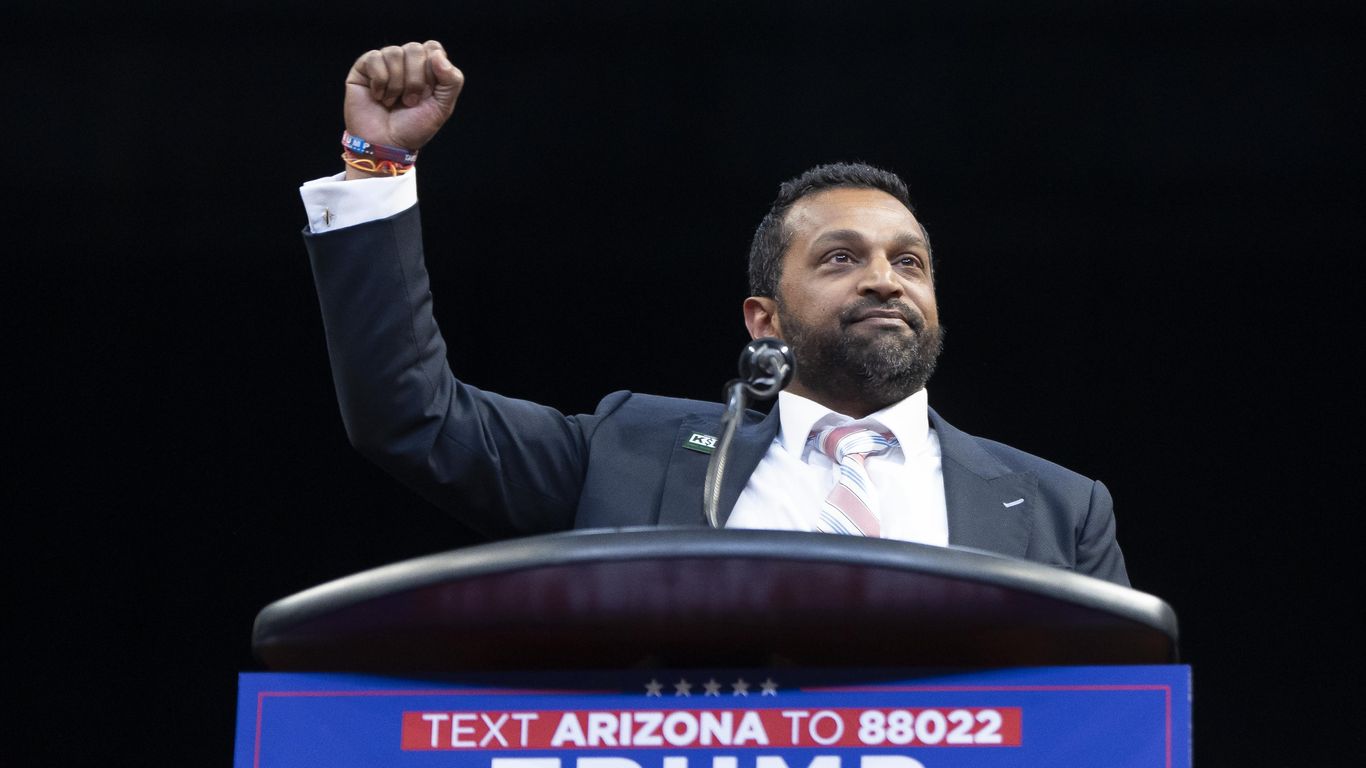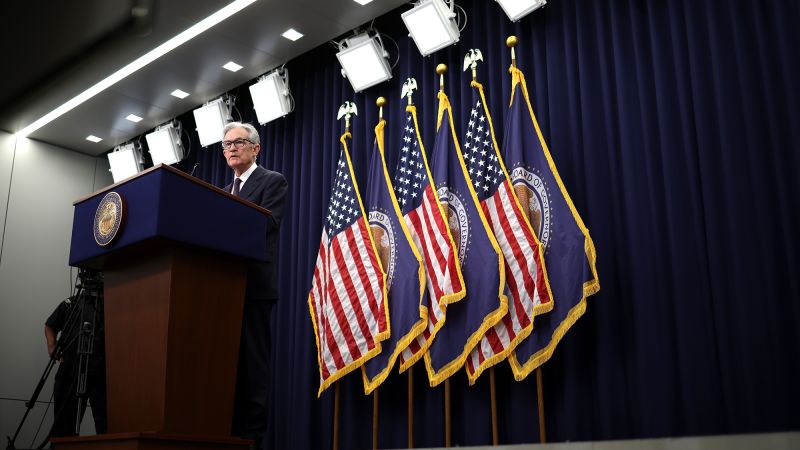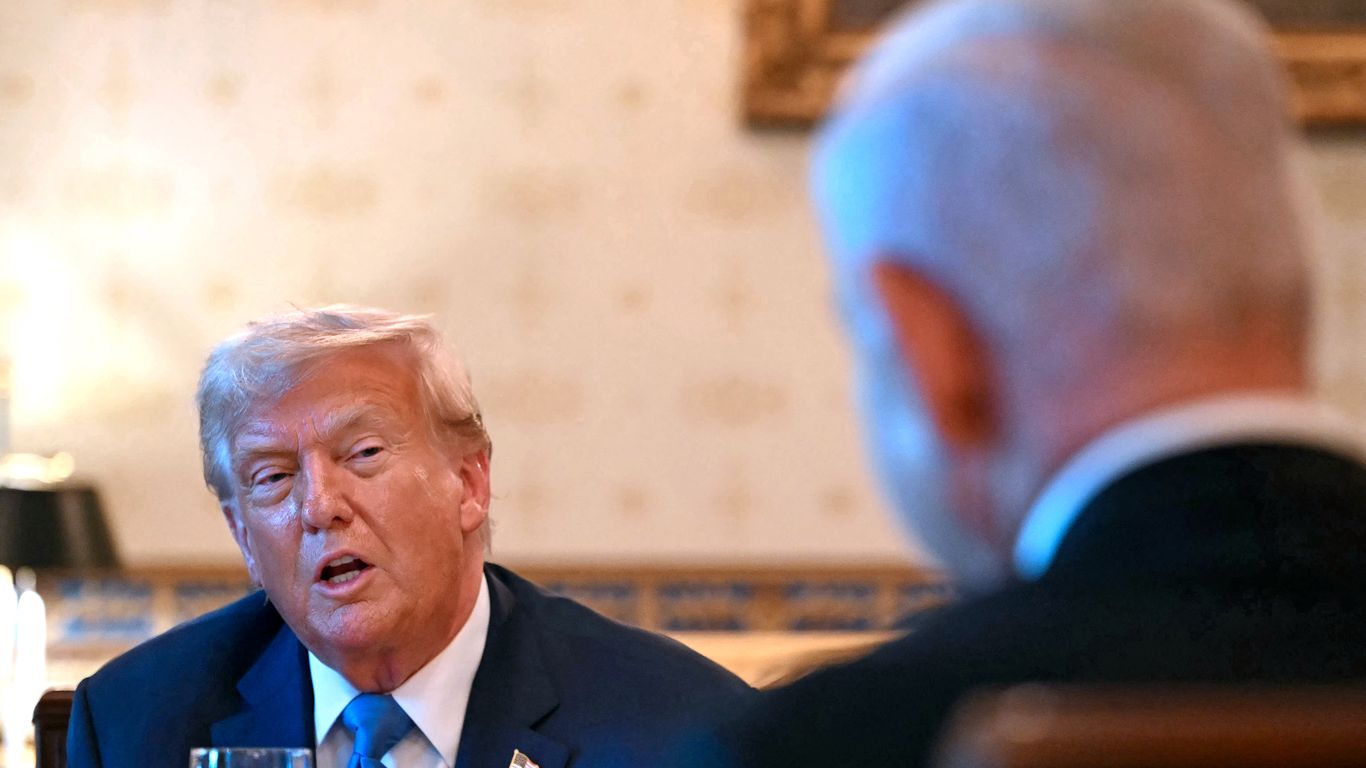Trump Reacts to Nobel Peace Prize Award for Machado as White House Criticizes Nobel Committee

Introduction
President Donald Trump's reaction to missing out on the Nobel Peace Prize has been measured, though his administration has expressed discontent. The award was given to Venezuelan opposition leader María Corina Machado, highlighting her efforts against authoritarian leadership.
Key Details
A senior White House aide criticized the Nobel Committee, suggesting they prioritized "politics over peace." This sentiment reflects ongoing tensions between Trump's administration and various international bodies. Trump himself has expressed that he believes he deserved the prize more than past recipients, including former President Barack Obama.
Impact
The Nobel Peace Prize decision has sparked both celebration and controversy. Human rights activists worldwide have praised Machado's recognition, while Trump's allies argue he was overlooked for his peace efforts. The reaction underscores the complex political landscape surrounding international awards and the perceptions of leadership contributions to global peace.
About the People Mentioned
Donald Trump
Donald John Trump, born June 14, 1946, in Queens, New York, is an American businessman, media personality, and politician. He graduated from the University of Pennsylvania’s Wharton School in 1968 with a degree in economics. In 1971, he took over his family’s real estate business, renaming it the Trump Organization, through which he expanded into building and managing skyscrapers, hotels, casinos, and golf courses. Trump gained widespread fame as the host of the reality TV show *The Apprentice* from 2004 to 2015, which helped establish his public persona as a successful entrepreneur. Trump entered politics as a Republican and was elected the 45th president of the United States, serving from 2017 to 2021. His presidency was marked by significant policy actions including tax cuts, deregulation, the appointment of three Supreme Court justices, renegotiation of trade agreements (notably replacing NAFTA with the USMCA), and a focus on immigration control including border wall expansion. He withdrew the U.S. from international agreements such as the Paris Climate Accord and the Iran nuclear deal, and engaged in a trade war with China. His administration’s response to the COVID-19 pandemic was criticized for downplaying the virus’s severity. Trump was impeached twice by the House of Representatives—first in 2019 for abuse of power and obstruction, and again in 2021 for incitement of insurrection—but was acquitted by the Senate both times. After losing the 2020 election to Joe Biden, Trump challenged the results, culminating in the January 6, 2021, Capitol riot. He remains a central figure in American politics, having won the 2024 presidential election and returned as the 47th president in 2025, continuing to promote policies aimed at economic growth, border security, and military strength[1][2][3][4].
Barack Obama
Barack Hussein Obama II, born August 4, 1961, in Honolulu, Hawaii, is an American politician, lawyer, and author who served as the 44th President of the United States from 2009 to 2017[2][3][8]. He is widely recognized as the first African American to hold the nation’s highest office, marking a historic milestone in U.S. history[1][2][3]. Obama’s early life was shaped by a diverse heritage—his mother, Stanley Ann Dunham, was a white American from Kansas, and his father, Barack Obama Sr., was a Kenyan economist[2][4][9]. He spent part of his childhood in Indonesia before returning to Hawaii, where he was raised primarily by his maternal grandparents[4][5]. Obama attended Columbia University, graduating with a degree in political science, and later earned a law degree from Harvard Law School, where he became the first African American president of the Harvard Law Review[2][3][4]. After law school, he worked as a community organizer in Chicago, a civil rights attorney, and a lecturer at the University of Chicago Law School[2][3]. He entered politics as a member of the Illinois State Senate (1997–2004) and then represented Illinois in the U.S. Senate (2005–2008)[2][3]. His 2008 presidential campaign, built on themes of “hope” and “change,” resonated with voters during a period of economic uncertainty and war[2]. Obama defeated Republican John McCain to become president and was reelected in 2012, defeating Mitt Romney[3][5]. As president, Obama’s major domestic achievements included the Affordable Care Act (expanding health insurance coverage), economic stimulus measures in response to the 2008 financial crisis, and the repeal of “Don’t Ask, Don’t Tell,” allowing LGBTQ individuals to serve openly in the military[2][4]. In foreign policy, he oversaw the withdrawal of U.S. troops from Iraq, authorized the operation that killed Osama bin Laden, and pursued the normalization of relations with Cuba[4][6]. He was awarded the Nobel Peace Prize in 2009 for his efforts to strengthen international diplomacy[1][2]. Since leaving office, Obama has remained active in public life through his foundation, speaking engagements, and media projects, though he has generally maintained a lower public profile than some predecessors[2]. He continues to be a prominent voice on issues such as democracy, climate change, and civic engagement. As of late 2025, Obama is not holding any official government position but remains a symbol of progress in American politics and a respected figure in global discourse[2].
About the Organizations Mentioned
White House
The **White House Office** is a central organizational component within the Executive Office of the President of the United States (EOP), tasked with supporting the President in managing day-to-day operations, policy formulation, and political affairs. It is headed by the White House Chief of Staff and staffed by senior aides who report directly to the President, including those with titles such as Assistant to the President and Deputy Assistant to the President. These staff members are mostly political appointees without the need for Senate confirmation, allowing the President considerable discretion in shaping the office to suit each administration's priorities[1]. Historically, the White House Office was established in 1939 through Reorganization Plan 1 and Executive Order 8248 to provide immediate assistance to the President. It functions as the nerve center for presidential staff, physically located primarily in the West Wing, and plays a pivotal role in managing the President’s policy agenda, communications, and political strategy. Its flexible organization allows each President to tailor the staff composition and roles according to their governance style and objectives[1]. In the current context of 2025, the White House Office operates under the administration of President Donald J. Trump, who returned to office after the 2024 election. His administration emphasizes rejecting prior policies deemed extremist and focuses on enhancing quality of life, economic growth, and American energy dominance. The administration includes Vice President JD Vance and First Lady Melania Trump, among others, with a Cabinet advising on various governmental functions[4][6]. Recent initiatives linked to the White House’s operational sphere include the establishment of a new **Department of Government Efficiency (DOGE)** aimed at modernizing federal technology and software to boost government productivity. The DOGE agenda is implemented through the renamed United States DOGE Service within the Executive Office, reflecting a concerted push to leverage technology for administrative modernization[5]. Notably, the White House Office also coordinates national security and homeland security functions through the National Security Council staff, underscoring its central role
Nobel Committee
The Nobel Committee is a group of working bodies responsible for selecting Nobel Prize laureates across various fields. There are six awarding committees, five of which are part of Swedish institutions: the Royal Swedish Academy of Sciences (physics, chemistry, economic sciences), the Karolinska Institute (physiology or medicine), and the Swedish Academy (literature). The sixth committee is the Norwegian Nobel Committee, which selects the Nobel Peace Prize winners[1][5]. **History and Purpose**: Established following Alfred Nobel's will in 1895, the Nobel Foundation was formally created in 1900 to manage the prizes. The first Nobel Prizes were awarded in 1901[6]. The committees aim to recognize outstanding contributions that benefit humanity, aligning with Nobel's vision of rewarding discoveries and efforts that improve society[7]. **Key Achievements**: Over the years, the Nobel Committees have recognized numerous groundbreaking achievements in science, literature, and peace. For instance, the Nobel Peace Prize has been awarded to individuals and organizations working towards global harmony and conflict resolution, such as Malala Yousafzai and the International Committee of the Red Cross[3]. **Current Status**: Today, the Nobel Committees continue to play a crucial role in identifying and honoring significant contributions. The Norwegian Nobel Committee, in particular, operates independently, reflecting the political balance of the Norwegian Parliament[5]. The committees' decisions often highlight pressing global issues and technological advancements, making them a focal point for international attention and discussion. **Notable Aspects**: What sets the Nobel Committees apart is their independence and impartiality. Unlike other awards, the Nobel Prizes are selected by committees that strive to remain unbiased, focusing solely on the merit of the work or contributions[1][3]. This approach has maintained the prestige and credibility of the Nobel Prizes, making them among the most respected awards globally.


